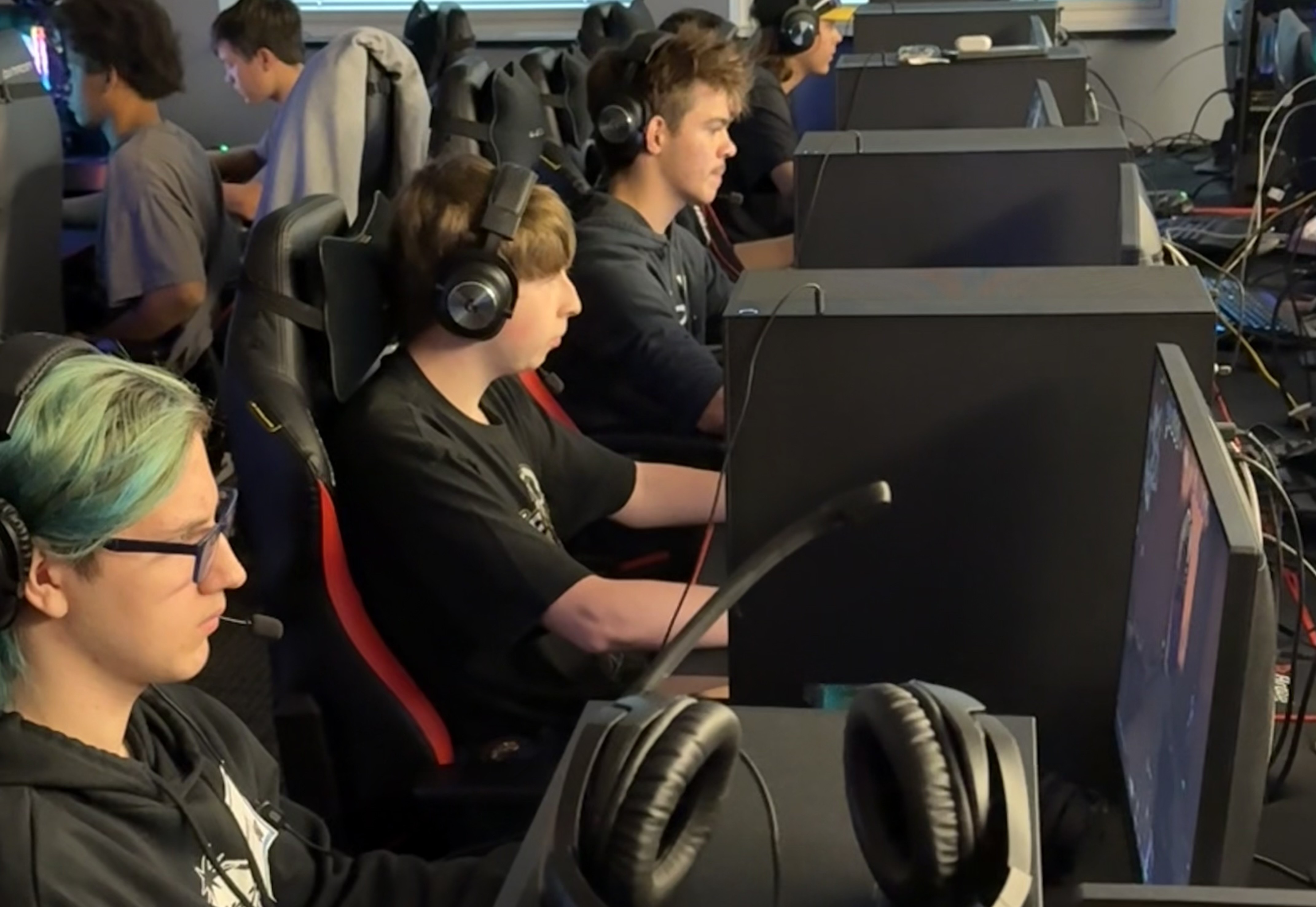TCO Certified, a Sustainability Cheat Sheet

When it comes to buying AV tech, the myriad options can make the task daunting. So many factors affect final decisions — budget constraints, physical space needs, flexibility to benefit the highest number of students, ease of use and maintenance, just to name a few. Unfortunately, IT products like projectors and displays are particularly vulnerable to sustainability challenges that are even more difficult for the average school board or buyer to assess. Human rights violations are common in the factories, and hazardous substances are often used both in products and their manufacture.
Clearly, no school would knowingly support or condone such practices. But on top of all the aspects to research, how can educators ensure they are not only opting for eco-responsible products, but truly sustainable tech? TCO, a non-profit based in Sweden has spent the past 25 years making it easier to do just that.
The science-based criteria for projectors and displays to become TCO Certified are designed to drive social and environmental sustainability throughout the product’s entire life cycle. This bigger picture awareness and message is often taught in our classrooms — now administrators and decision makers can follow through by making informed decisions. (A new generation of TCO Certified product lists are released every three years to stay current with the latest technology developments.)
TCO doesn’t solely focus on sustainability when it comes to their projector and display picks. Great quality is a baseline standard for inclusion. This can also translate to savings. Products can often have a shorter life span because of poor ergonomics, low quality and when they are not able to be repaired or upgraded.
Specific TCO quality criteria for displays and projectors:
- Visual ergonomics (image quality, including optimal image size)
- Product adjustability for displays (vertical tilt, height)
- Video, computer interface for projectors
- Acoustic noise limits
More than 2,800 IT products from 20 brands are currently certified, with a convenient online Product Finder offering easy access for purchasers to peruse. Popular brands leading the projector list include Casio and Epson. Lenovo, NEC, Philips, HP and ASUS offer TCO Certified display options.
One requirement for projector TCO certification is for the product to offer excellent image quality up to a specific maximum projected image size. The product also requires an Eco Mode — this means that the projector can be set to a lower light intensity, which reduces the energy consumption and noise level and increases the lifespan of the lamp. The projector, including all of its components and subcomponents, must be free of mercury and other harmful substances.
Tools and ideas to transform education. Sign up below.
“We are proud that our projectors and light sources do not contain any mercury,” says Toshiyuki Iguchi, Executive Officer, Casio Computer Co., Ltd. Of the TCO-awarded tech. “As a leading manufacturer of projectors with laser and LED hybrid light sources, we are conscious of our responsibility to reduce our environmental impact, which is why we avoid mercury in our products and are reducing our power consumption and CO2 emissions.”
Tech purchase decisions of any scale are complicated and must include consideration of many aspects, including sustainability. In short, this is one cheat sheet is one any teacher could get behind.
Sascha has nearly two decades of experience as a freelance journalist writing for national magazines, including The Washington Post, LA Times, Christian Science Monitor, National Geographic Traveler, and others. She writes about education, travel and culinary topics.

